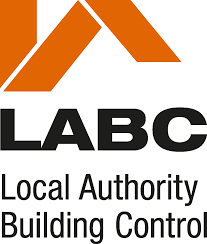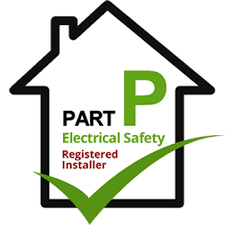Electrical Installation Condition Reports-EICR
ELECTRICAL INSTALLATION CONDITION REPORT (EICR)
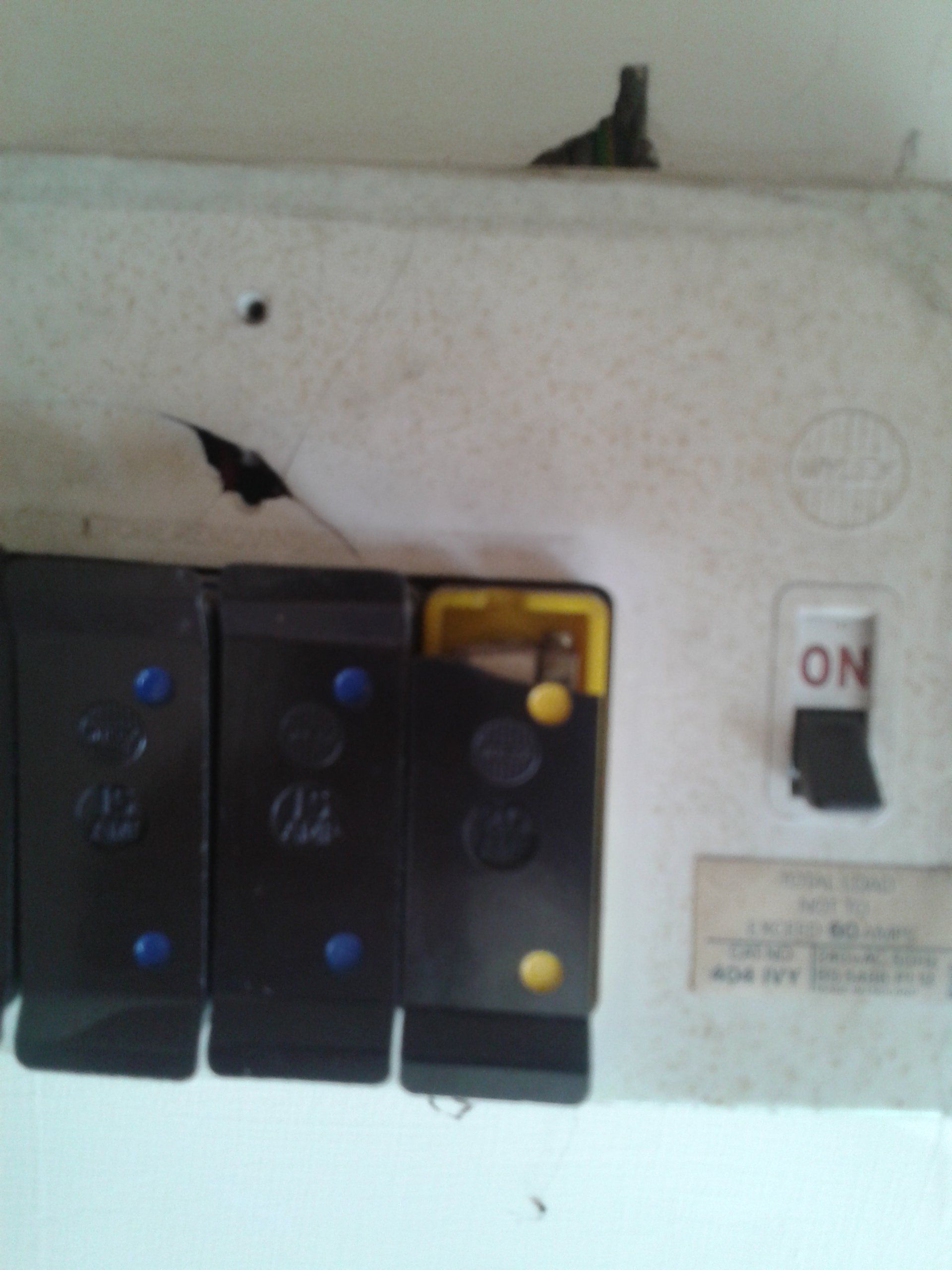
Broken Fuse Holder & Fuseboard
Write your caption hereButton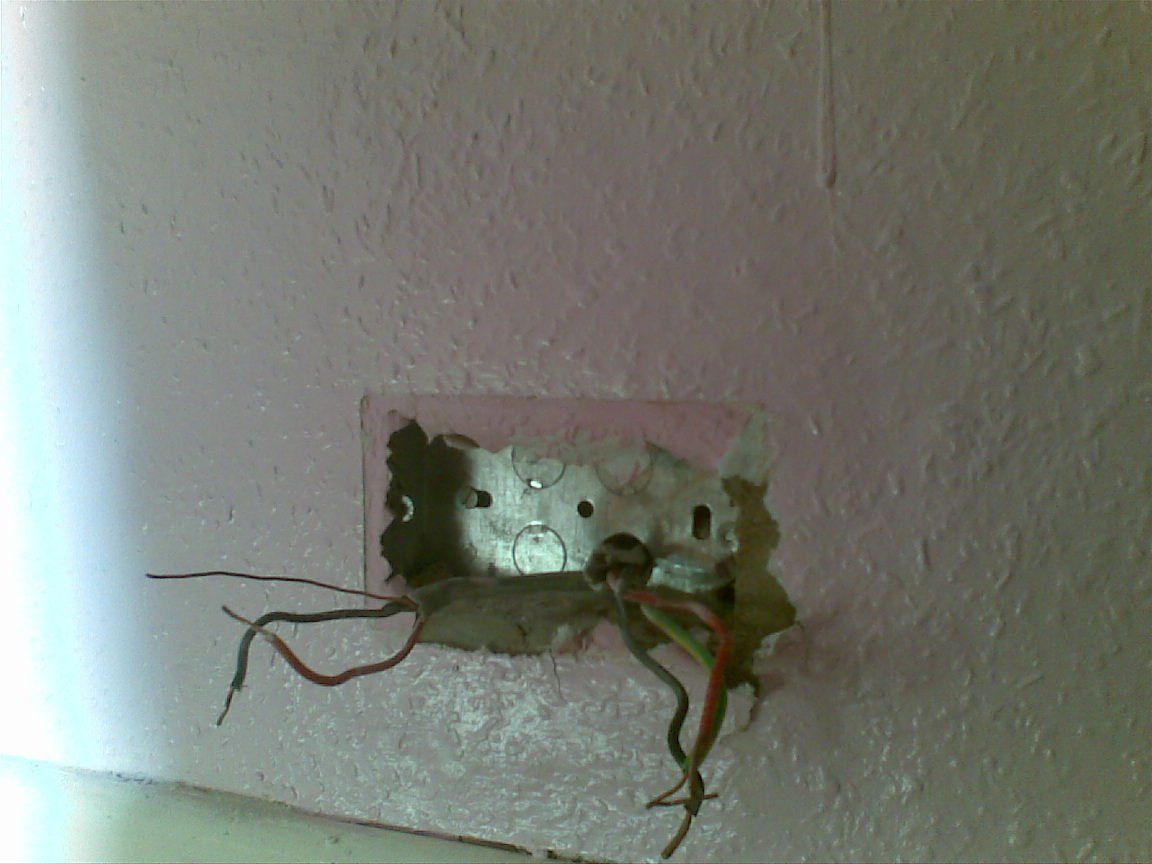
Undersized Cable
Write your caption hereButton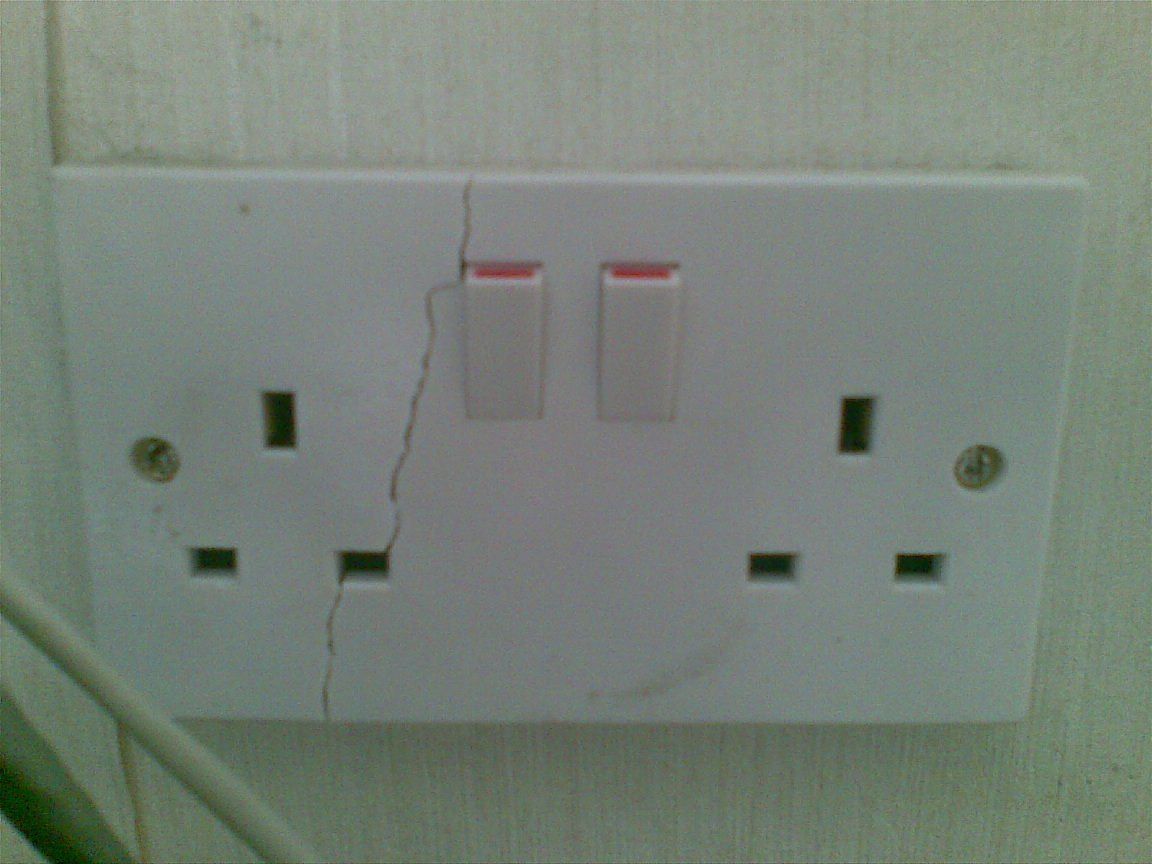
Broken Socket
Write your caption hereButton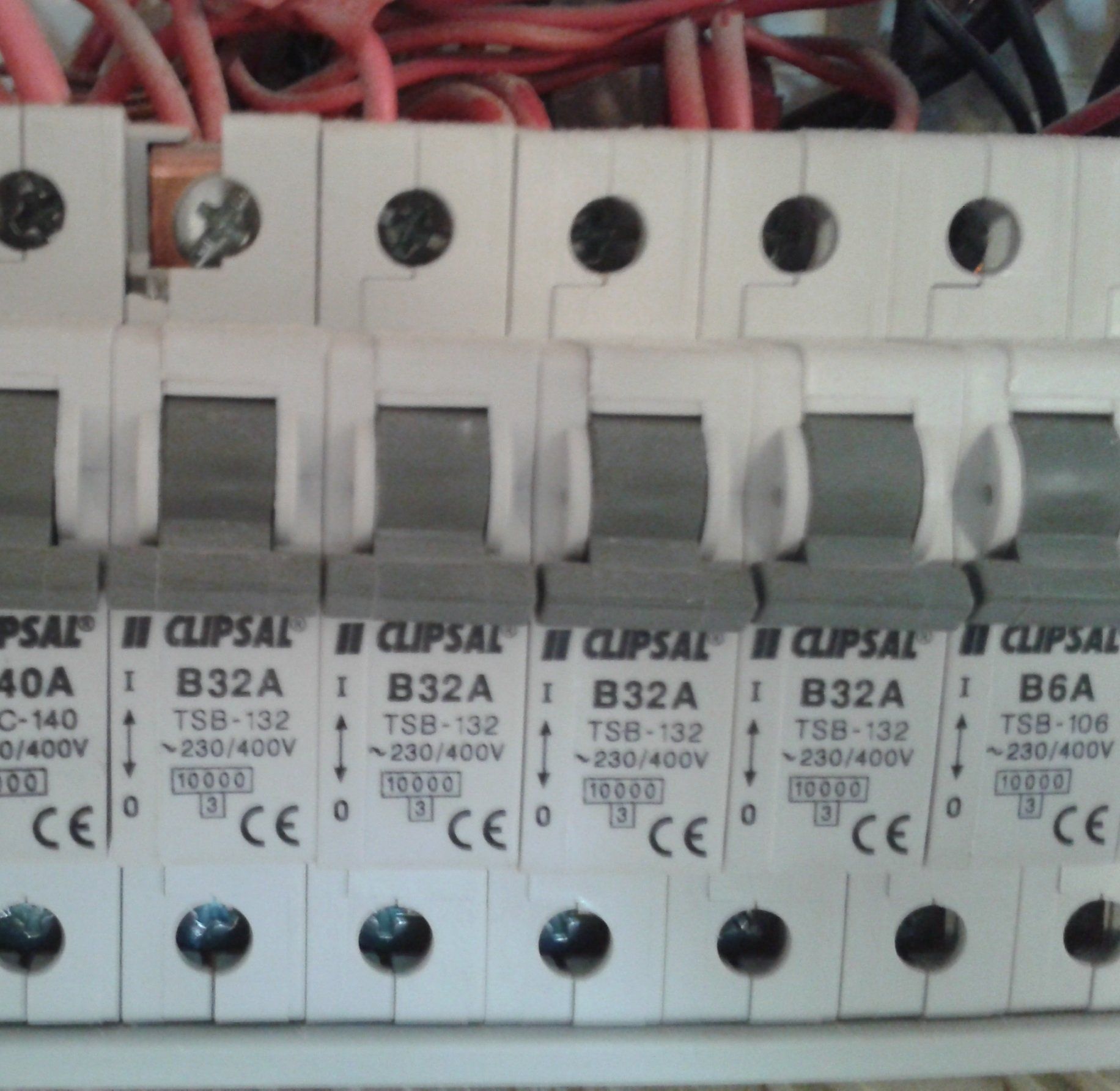
Broken MCB
Write your caption hereButton
Electrical Installation Condition Reports in the Private Rented Sector (England) from 1st July 2020
Electrical Installation Condition Reports (EICR) will become mandatory for all new tenancies in England from 1st July 2020, and for all existing tenancies on 1st April 2021.
From 1st July 2020 Electrical Installation Condition Reports (EICRs) become mandatory in the private rented sector for new and renewed tenancies in England, and for all existing tenancies on 1st April 2021. EICR’s are already a legal requirement in Scotland. They aren’t a legal requirement in Wales yet, although we expect it to follow.
If you create a new tenancy, or renew an existing one, on or after 1st July 2020, you will need a satisfactory EICR. Renewals include tenancies that become statutory periodic (not contractual periodic) at the end of a fixed term on or after 1st July 2020 . All properties in the private rented sector will need an EICR from 1st April 2021.
EICRs now join gas safety certificates and energy performance certificates as legally required documents that must be in place before your tenancy starts or is renewed. There are penalties for non-compliance.
EICRs must be renewed every 5 years, unless your electrician states that it needs to be done sooner.
We recommend you have your EICR completed at least 1 month before it’s required. Many properties require remedial work and, as with a gas safety certificate, you cannot move a tenant in until your EICR has a “satisfactory” rating.
ELECTRICAL REPORTS,FIXED WIRE TESTING,PERIODIC REPORT,EICR REPORT
A Electrical Installation Condition Report EICR is an inspection on the condition of an
existing electrical installation, to identify (in order of priority) any deficiencies against the national
safety standard for electrical installations.
A Domestic Electrical Installation Condition Report will:
• reveal if any of your electrical circuits or equipment is overloaded
• find any potential electrical shock risks and fire hazards in your electrical installation
• identify any defective DIY electrical work
• highlight any lack of earthing or bonding
Every electrical installation deteriorates with use and age. It is important for the person responsible for
the maintenance of the installation to be sure that the safety of users is not put at risk, and that the
installation continues to be in a safe and serviceable condition. According to Government statistics,
each year on average 10 people die and about 750 are seriously injured in accidents involving
unsafe electrical installations in the home or work place.
Frequency
It is recommended that Electrical Installation Condition Report is carried out at least every:
• 10 years for a domestic installation
• 5 years for Domestic rental property
• 5 years for a commercial installation
• 3 years for caravans
• 1 year for swimming pools
Other instances when a Electrical Installation Condition Report should be carried out are:
• when a property is being prepared to be let
• prior to selling a property or when buying a previously occupied property
Who should undertake a Electrical Installation Condition Report:
Electrical Installation Condition Reports are best left to an NAPIT Approved Contractor.
What happens during a Electrical Installation Condition Report?
The Approved Contractor will check the electrical installation against the requirements of BSi7671 -
Requirements for Electrical Installations ( IEE Wiring Regulations) - as amended, which is the national
safety standard for electrical installations, and contains around 850 Regulations. the EICR
will take into account all relevant circumstances including the following factors: Adequacy of earthing
and bonding Suitability of the switchgear and controlgear e.g. consumer unit e.g. an old fusebox with
a wooden back, cast iron switches, a haphazard mixture of such equipment is likely to need replacing
Serviceability of equipment e.g. switches, socket-outlets and light fittings e.g.older round pin sockets,
round light switches and braided flex hanging from ceiling roses to light fittings, black switches,
sockets mounted in skirting boards may require replacing.Type of wiring system and its condition e.g.
cables coated inblack- rubber, black-rubber was phased out in the 1960s or cables coated in lead or
fabric are even older and may need replacing (modern cables use pvc insulation) Provision of residual
current devices for socket-outlets that may be used toplug in electrical equipment used outdoors
Presence of adequate identification and notices Extent of any wear and tear,damage or other
deterioration Changes in use of the premises which have led to, or might lead to, deficiencies in the
installation.
Record Keeping
It has been seen that it is a defense under Regulation 29 of the Electricity at Work Regulations for a
duty holder to 'prove that he took all reasonable steps and exercised all due diligence to avoid the
commission of that offence'. It seems clear that the most effective method by which a duty holder can
prove this in court would be by producing records of the extremely difficult to convince the court that
the defendant had acted within either the letter or the spirit of the law. Records are essential if a
proper and organised system of testing is to be established.The keeping os suitable records then is
essential. They provide evidence for the defense in the event of a prosecution; more practically,
such records enable the close monitoring of the equipment highlighting potential faults or adverse
trends. They are also essential in forming an accurate assessment of the necessary frequency of testing.
For example, if over a number of consecutive test cycles few or no failures were recorded then he duty
holder may consider reducing the frequency of tests, obviously the converse may also apply. For your
complete peace of mind and quality assurance we are members of NAPIT (the National Association of
Professional Inspectors & Testers)
We are also fully registered under Part P of the building regulations.
PP ELECTRICS are fully covered by professional indemnity insurance as required to carry out EICR.
PRICES DOMESTIC EICR
£35.00 PER CIRCUIT/FUSE/MCB - MINIMUM CHARGE PER PROPERTY £150.00
ABOVE PRICES ARE FOR ONE FUSE BOARD /CONSUMER UNIT IN MAIN HOUSE.ADDITIONAL FUSE BOARD IN HOUSE/GARAGE /OUTBUILDING WILL BE CHARGED AT £35.00 PER CIRCUIT
EICR CHECK LIST FOR TENANTS/HOMEOWNERS www.ppelectrics.co.uk/eicr-customer-check-list

